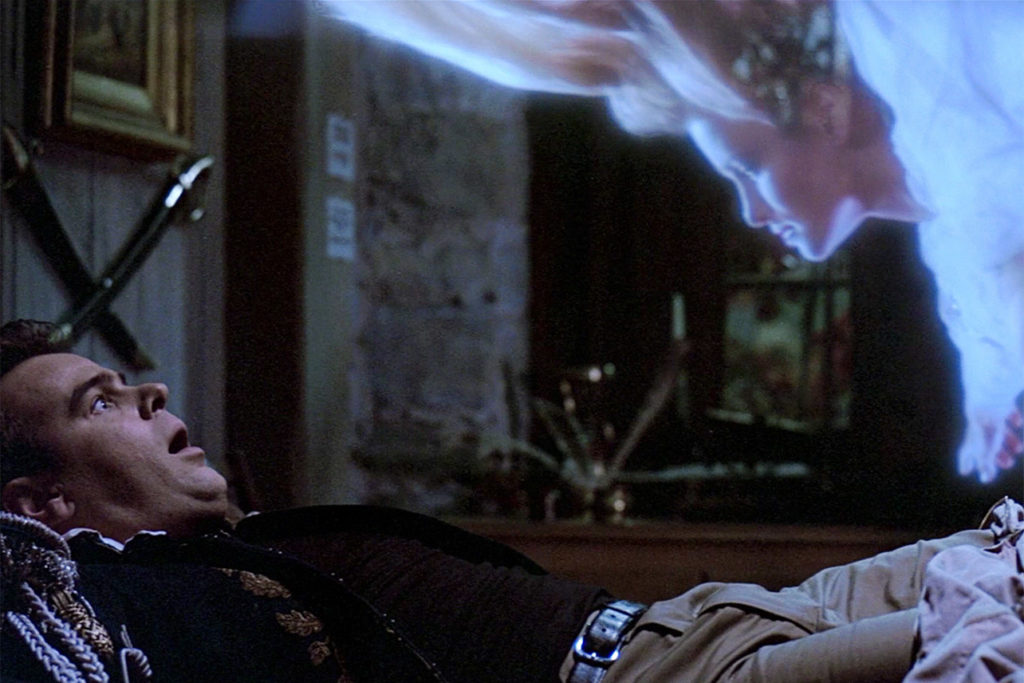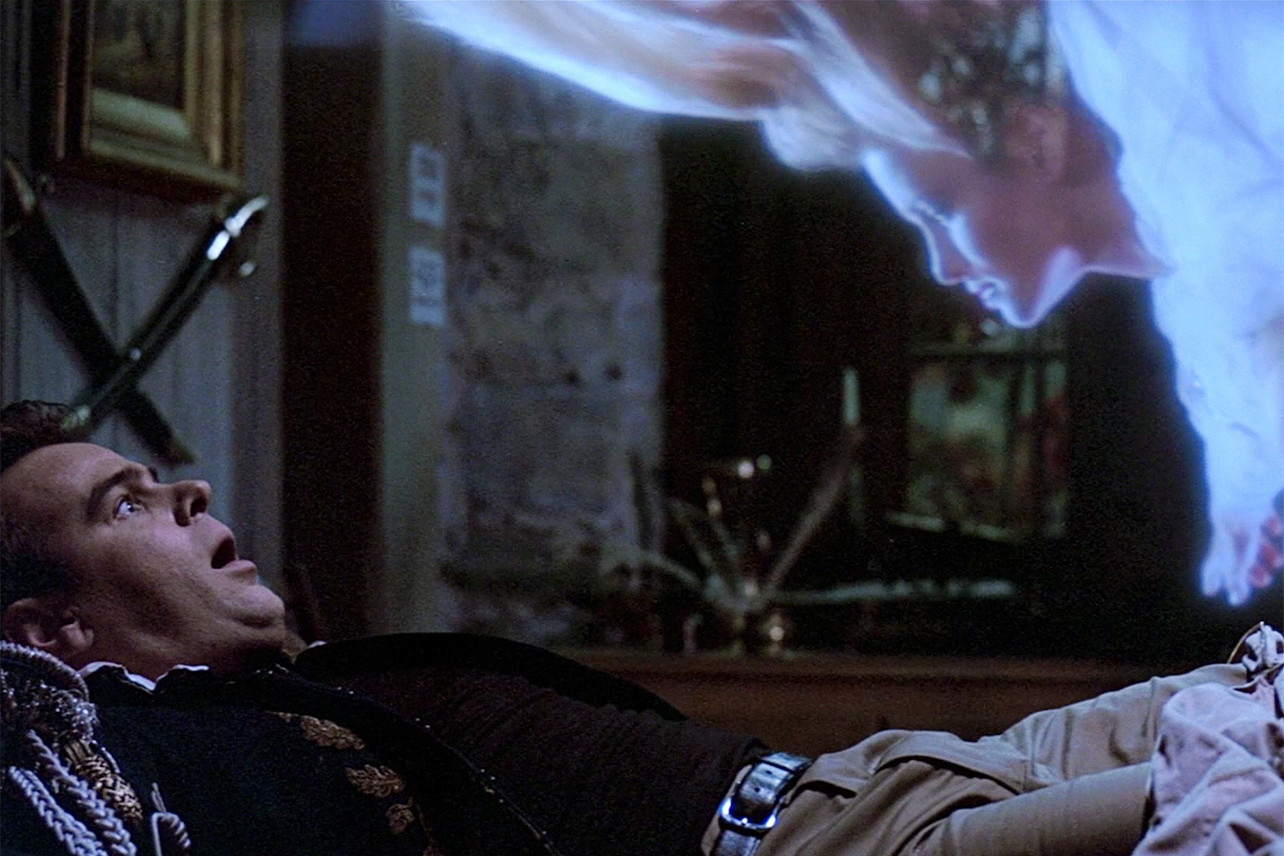
By Jessica Berget, Editor-in-Chief
I never thought I’d begin a sentence this way—but I was watching a Joe Rogan podcast yesterday.
Dan Aykroyd was on the show as a guest and they were talking about supernatural encounters. Aykroyd was talking about his experiences with the paranormal (namely his infamous scene in Ghostbusters where it is insinuated that he receives oral sex from a ghost). While discussing this, he mentions that in California when you are trying to sell a house, in every real estate contract there is a clause that says you must report all unusual activity. Aykroyd indicates this is compelling evidence that there is something going on, or that ghosts are real and recognized. But I’m skeptical.
Despite the obvious fallacy in his argument I thought it was interesting that the possibility of ghosts haunting a house is so real and scary to some people that they require people by law to report the house’s history. It got me thinking about the haunted house real estate market.
According to a study by business professors at Wright University, if a house has had a death happen, whether it be murder or suicide, it takes 50 percent longer to sell, and for about 2 percent less than other homes. Apparently, people fear buying a house someone has died in so much so that there is even a website in the US called diedinhouse.com where you can look up if your home has a violent history.
I mean, it’s fair; I don’t think I would want to live in a house where I know someone was murdered, but then again, some things are better not known. How many people have died in their homes? Probably a lot. Should we have to report every single death that occurs in a house before we sell or buy it? I don’t think so. What’s funny to me is that this law will make many people believe the house is haunted because of its history, or influence people to think that the presence of ghosts is real.
Even Daniel Warner, a legal scholar, argues that sellers shouldn’t have to disclose murders or supposed hauntings because these laws may be viewed as belief in ghosts or could influence people to believe in them—as Aykroyd has shown can and will happen.
When it comes to reporting houses’ histories with death, I’m on the cemetery fence. While I think I would like to know if someone died in my house, it doesn’t really make that much of a difference if I don’t know. In fact, it’s probably better that you don’t know. I don’t believe in ghosts, so I’m not afraid of my house being haunted. Unless of course some ghost tries to give me head.


